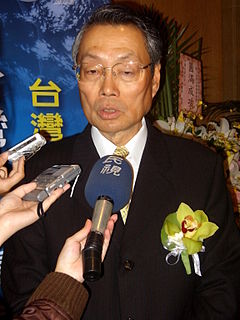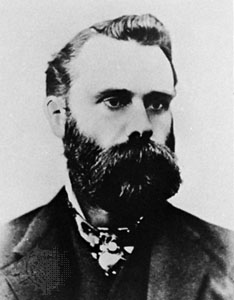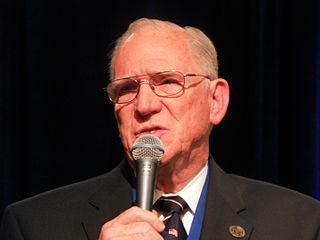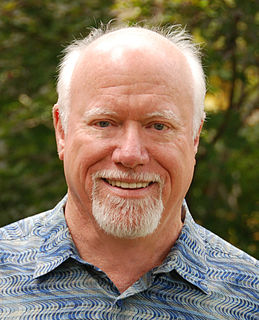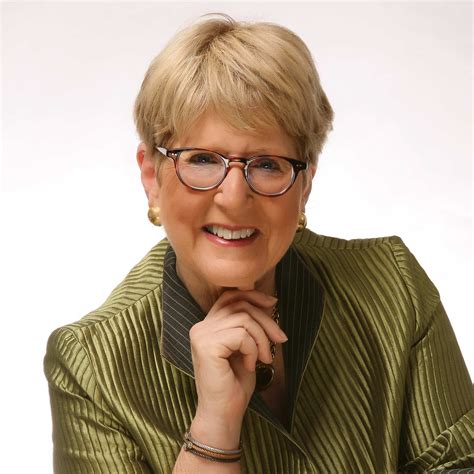A Quote by Yuval Noah Harari
In Judaism or Christianity and so forth, you invent rules that don't exist anywhere except in your imagination. You spend your life trying to gain points and to avoid all kinds of things that detract from your points. And if by the time you die you gather enough points, then you pass on to the next level, in Heaven.
Related Quotes
If at the one moment in your life when the chance of something transcendental is offered to you, if you have this chance to move beyond the surface of things, to understand - and you say, No, maybe not... What then? How do you explain the rest of your life to yourself? How do you pass the time until you die? Do you substitute for that an interest in what - eating? Do you spend the next sixty years trying to be fascinated by the act of breathing?
The power of imagination is the ultimate creative power.. no doubt about that. While knowledge defines all we currently know and understand.. imagination points to all we might yet discover and create. Imagination is more important than knowledge. Your imagination is your preview of life's coming attractions
The public, as a whole, buys at the wrong time and sells at the wrong time. The average operator, when he sees two or three points profit, takes it; but, if a stock goes against him two or three points, he holds on waiting for the price to recover, with oftentimes, the result of seeing a loss of two or three points run into a loss of ten points.
Bohm's interpretation of quantum physics indicated that at the subquantum level, the level in which the quantum potential operated, location ceased to exist. All points in space became equal to all other points in space, and it was meaningless to speak of anything as being separate from anything else. Physicists call this property 'nonlocality.'
Everyone has options. They are a fixed set of predetermined scenarios, points of view, perceived limitations that already reside in your data bank. If you depend on your options to formulate your future, that future will be no more than a rearrangement of your past. Then he says, “Possibilities are completely different. When you ask ‘what is possible?’ you must stretch your imagination out of the confines of the familiar. To live a life beyond the mediocre, ask not ‘what are my options?’ but ‘What is possible?’
The primary thing writing and basketball share is the sense that each time you go out, each time you play or begin a piece, it's a new day. You can score 40 points one game, but the next game, those points don't count. You can win the Nobel Literature Prize, but that doesn't make the next sentence of the next book appear.
Prepare for every negotiation... 1) Focus on Outcomes. What is it that you want to walk away with? Being as specific as possible also increases the likelihood of negotiation success. 2) Support your desired outcome with data that points to its reasonableness. 3) Writing down your key points in advance - and practicing them - enables you to stay focused on what's most important and avoid going off on tangents. 4) Err on the side of asking for more, rather than less [of what you really want]. 5) Be willing to walk away.

